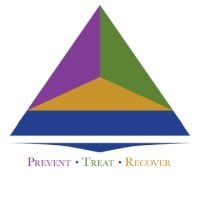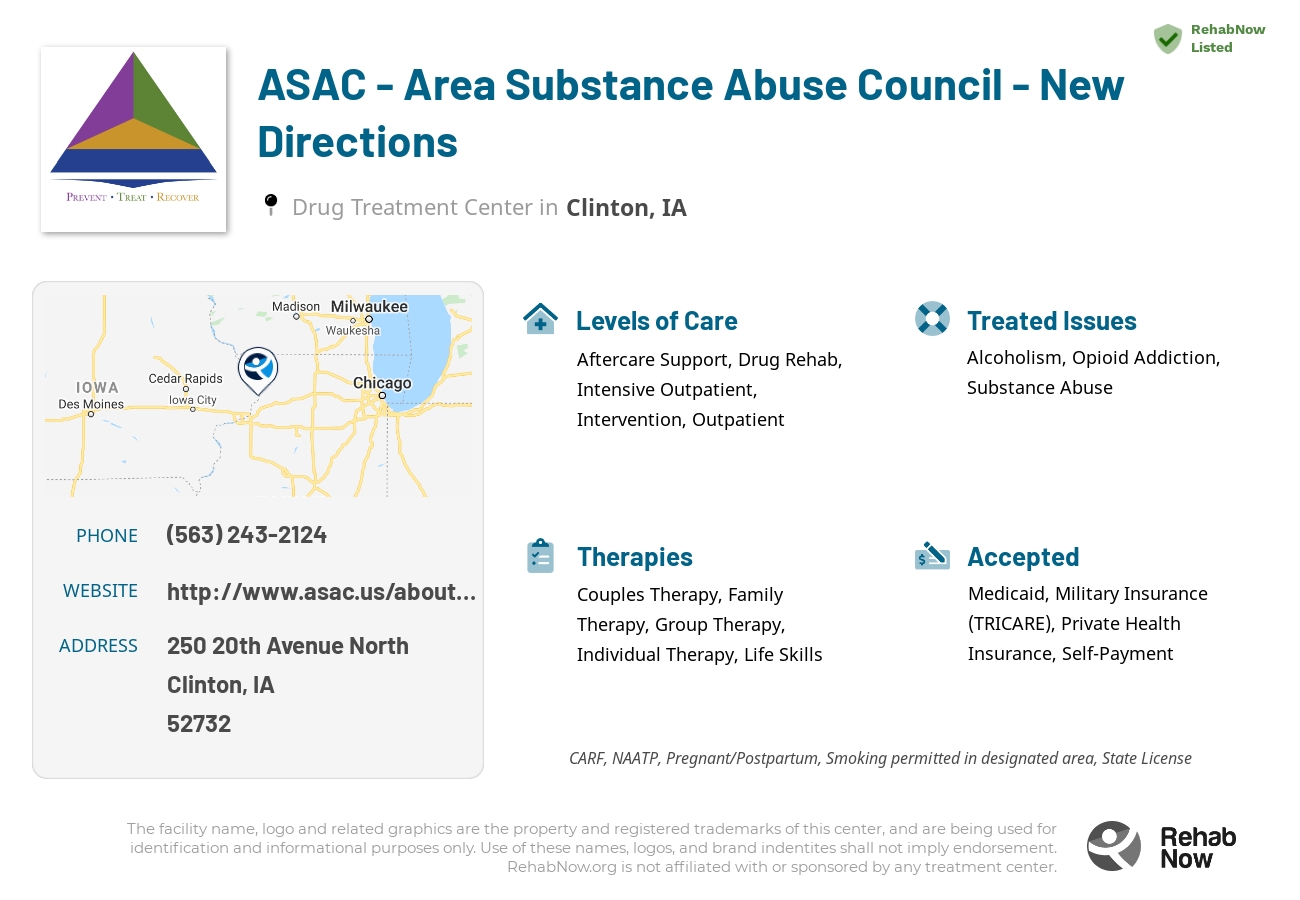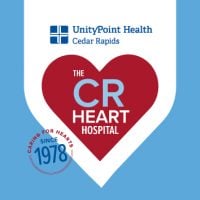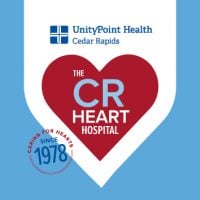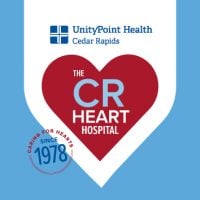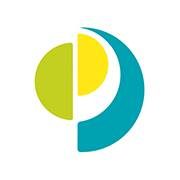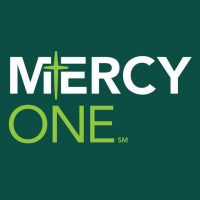ASAC - Area Substance Abuse Council - New Directions
Drug Rehab Center in Clinton, Iowa
ASAC - Area Substance Abuse Council - New Directions in Clinton, Iowa is an addiction treatment facility that offers a wide range of personalized, evidence-based services to individuals struggling with addiction and substance abuse, including medication-assisted treatment, therapy, counseling, and detoxification in a safe and supportive environment.
About This Iowa Facility
ASAC - Area Substance Abuse Council - New Directions, located in Clinton, Iowa, prioritizes providing both men and women with high-quality alcohol and drug rehabilitation services. Distinctively catering to a wide array of individuals including pregnant women, mothers, the LGBTQ community, youth, and trauma survivors, the facility offers a comprehensive approach to recovery. This includes residential, outpatient, and medication-assisted treatments.
- Tailored treatment programs address the specific needs of pregnant women, mothers, and the LGBTQ community, ensuring a supportive and inclusive environment.
- A holistic approach includes individual, group, and family therapy alongside classes on anger management, relapse prevention, and life skills to foster long-term recovery.
- Medication-assisted treatment utilizes FDA-approved medications to ease cravings and withdrawal symptoms, coupled with mental health therapy to tackle the root causes of addiction.
ASAC - Area Substance Abuse Council - New Directions, recognized for its quality care through CARF accreditation, adopts a personalized approach to addiction treatment. From initial assessments to the creation of individualized treatment plans, clients receive care that aligns with their unique recovery goals and timelines.
The facility provides an array of services targeting a variety of issues, including opioid addiction, substance abuse, and co-occurring mental health disorders. Utilizing proven treatment methods at various levels of care, such as 24/7 residential support and outpatient programs, ASAC - Area Substance Abuse Council - New Directions equips clients with the tools necessary for sustained sobriety.
Genders
Ages
Modality
Additional
Accreditations

CARF
The Commission on Accreditation of Rehabilitation Facilities (CARF) is a non-profit organization that specifically accredits rehab organizations. Founded in 1966, CARF's, mission is to help service providers like rehab facilities maintain high standards of care.
Conditions and Issues Treated
A drug abuser needs help because if no one helps them, they will not leave their vicious circle.
People who abuse drugs are likely to suffer from an addiction, which can cause serious health problems. It can also cause quarrels with people around them. It is common for drug abusers to have difficulty holding down jobs or relationships, but sometimes people around them can be quite tolerant. There are cases where the families of the drug abusers do not want to see them get any help, and the subject becomes controversial.
When it comes to helping drug abusers get sober, there are many options to choose from. It is essential to state that there is no “correct” way of doing things. People are different, and they need different types of help to get over their addiction.
Opioid addiction treatment should be done in a medically supervised drug rehab. Opioid addiction treatment will include detoxification and drug rehab counseling to help both the user and their loved ones learn how to live a successful sober lifestyle. Methadone, buprenorphine, and naltrexone are three medications that can help treat opioid addiction. Individual drug rehab counseling sessions can be helpful to discuss any questions or concerns with the drug treatment program.
Levels of Care Offered at ASAC - Area Substance Abuse Council - New Directions
This center offers a variety of custom treatment tailored to individual recovery. Currently available are Aftercare Support, Drug Rehab, Intensive Outpatient, Intervention, Outpatient, with additional therapies available as listed below.
The Intensive Outpatient Program at ASAC - Area Substance Abuse Council - New Directions is for those who need intensive care but would rather get it in the comfort of their own home. The treatment programs vary in duration and intensity and can be tailored to suit the individual’s needs. IOP helps the patient to live at home and gradually get back to their routine life.
Daily trips to the hospital that provides the treatment include intensive outpatient services (IOP). The patients gradually get back to their everyday lives. IOP benefits the most when the patients have a supportive family member or friend who can encourage them in their recovery.
Individuals struggling with drug addictions can get help from several treatment options, including inpatient and outpatient programs. Outpatient drug treatment programs can also provide patients with different levels of care, usually depending on the patient’s degree of addiction.
At an outpatient program in Clinton, a patient will attend a recovery program during the day and return home in the evening. Suppose a patient is struggling with drug addiction. In that case, an outpatient program can serve as an effective transition point during the recovery process.
Intervention services are designed to help family members and friends confront an addict about their drug use. While some addicts will immediately seek treatment after this confrontation, others don’t want to quit or need professional help with the process.
During an intervention, family members and friends work with a professional interventionist who will lead them through the discussion. This professional will help the addict understand that they need to get treatment and provide them with resources for recovery.
Aftercare is a part of drug rehabilitation. It is also known as “post-treatment support.” Aftercare programs are available for addicts after they complete drug rehab. It is often the final step in the recovery process. The goal of aftercare is to ensure that addicts maintain their achievements in rehab and do not relapse. Professionals generally provide aftercare (including addiction therapists, physicians, social workers, psychologists) and involve individual and group therapy sessions.
Therapies & Programs
Individual therapy is a critical component of addiction recovery. It allows the patients to go deep into their core issues and discover how to handle those problems better. Therapy can be conducted in individual sessions as well as group settings. In individual therapy for addiction, the patient meets with their therapist one-on-one to focus on the underlying issues. This allows patients to open up and discuss personal topics they may not feel comfortable discussing in a group setting. This type of therapy can help develop solutions specific to each patient, which helps speed up the recovery process.
Couples therapy is beneficial for couples in which at least one partner has a substance use disorder. This type of therapy can help partners improve communication skills, which is an important factor in a healthy relationship. It can also help partners better understand one another so they have a greater understanding of how the other partner may be feeling.
Benefits of couples therapy include:
- Improvement in communication skills
- Increased understanding of the dynamics within a relationship
- Increased sense of support and trust in the relationship
- Better teamwork between partners/increased willingness to listen and work together
- Enhanced tolerance of each other’s shortcomings
- Improved ability to have open, honest communication with each other
Family therapy is a crucial part of drug treatment and getting sober. It is one of the most effective ways to help addicts stay on the path to long-term sobriety. When a drug addict decides that they want to try and get sober, it takes the support of every person they love to succeed. It can be incredibly difficult for loved ones to watch an addict go through the pain and suffering of withdrawal, but by being there with them and supporting them, they can help to make sure that the addiction never returns.
One of the most important parts of family therapy is the relapse prevention plan. During treatment, therapists and doctors will often sit down with the addict and their family to develop a plan in case the addict ever feels like they want to use again. This plan should involve steps the addict and family can take together to prevent them from relapsing in the future. An addict’s family can play a vital part in helping them to avoid relapse because they can spot the warning signs and help them get back on track before it becomes too much of a problem.
Group therapy helps prevent addicts from feeling isolated or unique in their situation by offering a sense of comfort and fellowship. It also creates a forum for addicts to build their support systems and learn from each other. The group therapy sessions at ASAC - Area Substance Abuse Council - New Directions occur in a group setting rather than one-on-one to create a safer, controlled environment where addicts feel comfortable.
The best drug treatment centers offer various services to help addicts learn how to live without drugs. Since addiction is a chronic physical and mental illness, addicts need to learn as many life skills as possible to help them stay clean and sober.
Many drug treatment centers like ASAC - Area Substance Abuse Council - New Directions offer life skills activities as part of their addiction recovery programs. Examples include cooking classes, employment training, resume writing seminars, parenting classes, and computer training. When addicts have various life skills to lean on, they’re better equipped to put their addiction behind them for good.
The primary goal of life skills activities at drug treatment centers like ASAC - Area Substance Abuse Council - New Directions is to help addicts recover from addiction and learn how to live a useful, productive life. Life skills activities help addicts find employment, take care of their families, and give back to the community. After learning about these various life skills, addicts are better prepared to return to society and lead happy healthy lives.
Payment Options Accepted
For specific insurance or payment methods please contact us.
Is your insurance accepted?
Ask an expert, call (888) 674-0062
Area Substance Abuse Council Associated Centers
Discover treatment facilities under the same provider.
- ASAC - Area Substance Abuse Council - Heart of Iowa in Cedar Rapids, IA
- Area Substance Abuse Council - New Directions in Clinton, IA
- ASAC - Area Substance Abuse Council - Main Campus in Cedar Rapids, IA
- ASAC - Area Substance Abuse Council - The Way Home in Cedar Rapids, IA
- ASAC - Area Substance Abuse Council - Maquoketa in Maquoketa, IA
Learn More About Area Substance Abuse Council Centers
Additional Details
Specifics, location, and helpful extra information.
Clinton, Iowa 52732 Phone Number(563) 243-2124 Meta DetailsUpdated April 15, 2024
Staff Verified
Patient Reviews
There are no reviews yet. Be the first one to write one.
Clinton, Iowa Addiction Information
Iowa ranks 2nd lowest in the nation for illicit drug use, but 12% of its residents are still using these drugs every single year. Methamphetamines account for more than 90% of all drug-related prison admissions in Iowa. Alcohol is the most widely abused substance in the state, with 23% of residents admitting to heavy drinking.
58.2% of Clinton residents feel that drugs are a big problem in the area. The most commonly abused drugs are methamphetamines, heroin, cocaine, etc. However, some prescription drugs are commonly abused, such as oxycodone and hydrocodone. 9% of people in Clinton, reported using drugs on average. Drug-related deaths are near about 25 people dying every year. For treatment, there are inpatient and outpatient programs, and residential and non-residential programs available.
Treatment in Nearby Cities
- Oelwein, IA (104.7 mi.)
- Clive, IA (186.1 mi.)
- Davenport, IA (31.4 mi.)
- Sac City, IA (249.4 mi.)
- West Des Moines, IA (185.8 mi.)
Centers near ASAC - Area Substance Abuse Council - New Directions
The facility name, logo and brand are the property and registered trademarks of ASAC - Area Substance Abuse Council - New Directions, and are being used for identification and informational purposes only. Use of these names, logos and brands shall not imply endorsement. RehabNow.org is not affiliated with or sponsored by ASAC - Area Substance Abuse Council - New Directions.
